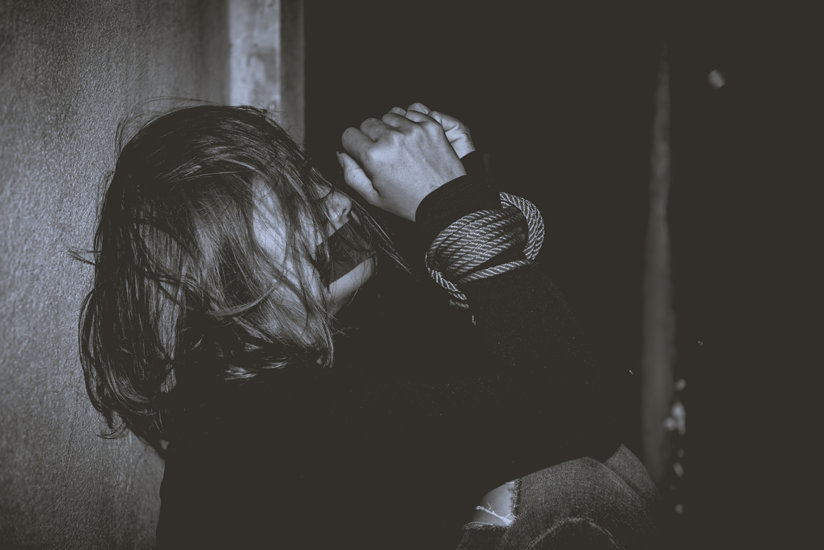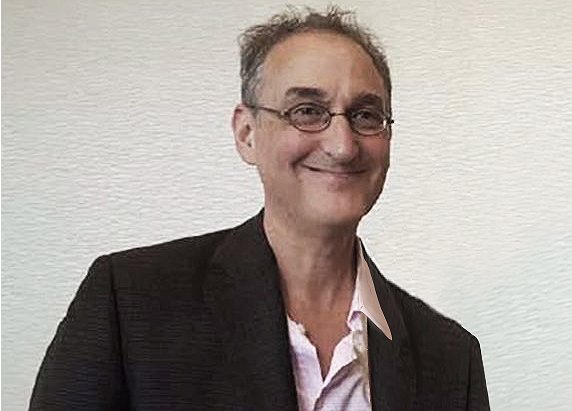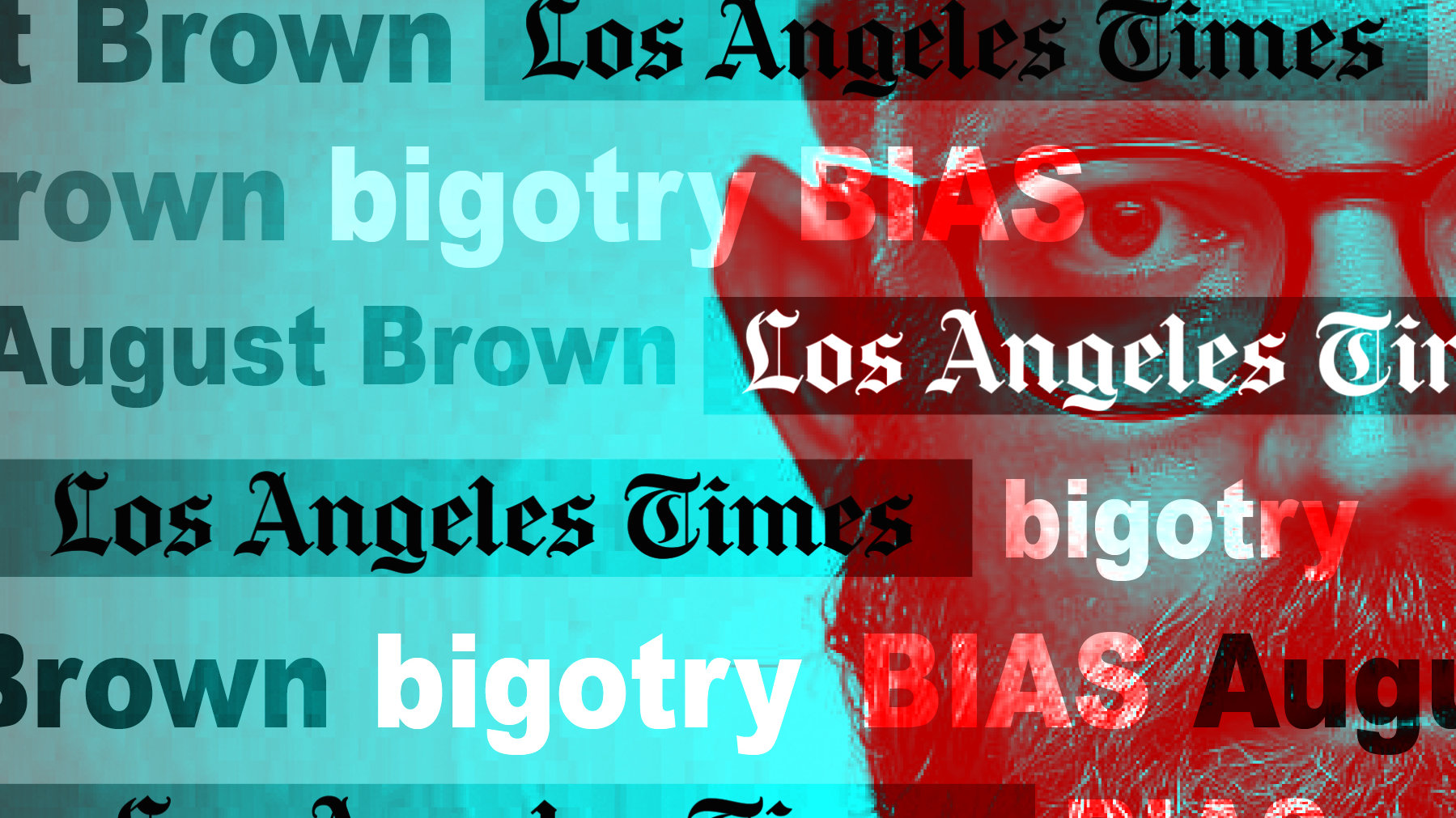
-
HOME
-
WHAT IS STANDOur Mission Our Values Our Help Contact
-
WHAT WE FIGHT FORReligious Freedom Religious Literacy Equality & Human Rights Inclusion & Respect Free Speech Responsible Journalism Corporate Accountability
-
RESOURCESExpert Studies Landmark Decisions White Papers FAQs David Miscavige Religious Freedom Resource Center Freedom of Religion & Human Rights Topic Index Priest-Penitent Privilege Islamophobia
-
HATE MONITORBiased Media Propagandists Hatemongers False Experts Hate Monitor Blog
-
NEWSROOMNews Media Watch Videos Blog
-
TAKE ACTIONCombat Hate & Discrimination Champion Freedom of Religion Demand Accountability
Salon’s Nicole Karlis Glamorizes Violent, Abusive Practice, Victimizing Minorities
“Cults.”
When I blogged on this subject in 2018, it was an effort on my part to both explain this abusive hate-word, and to urge thinking and kind humans to remove it from their vocabulary of “acceptable” terms to employ.
Make no mistake. “Cult” is not a word that can or should be used in polite society. It is simply a four-letter word that is used to describe in a derogatory manner an entire group of people, simply because they share a set of beliefs that are (1) not broadly known or understood and (2) different from one’s own.

Why, you may ask, do I care so much about a word? Sticks and stones and all that! After all, how could “just a word” do any real harm?
To understand my concern, you need only look at current headlines. Take, for example, an article by Nicole Karlis that recently appeared on Salon under the salacious title, “Cult recovery experts explain how to ‘deprogram’ QAnon adherents.”
The “cult recovery experts” headlined here are a couple of would-be “therapists” with shady credentials and even shadier histories. Rachel Bernstein, for example, recently faced license revocation in California when she “expertly” provided a client with a “specialized” evaluation of a mother of two that she had never met. Patrick Ryan, with no actual therapeutic training, but a great deal of promotional skill, has a long and checkered history not as an “expert,” but as a deprogrammer.
Make no mistake. “Cult” is not a word that can or should be used in polite society.
“Deprogramming,” you may recall (if you are old enough), was a buzz-word used to describe the forcible kidnapping and detainment of an individual in an effort to coerce them into changing their beliefs. Deprogrammers would convince families of their prospective victims that the only way to get that individual to reject a religious belief or philosophy was the deprogrammer’s form of violence and duress. It was justified, deprogrammers would claim, because the group that their victim belonged to was a “cult.”
The word “cult” was used to label any religious or philosophical group that the family feared or didn’t understand: Christian, New Age, meditation, Buddhist, etc. In this manner, distraught families were persuaded to pay these thugs to kidnap and imprison their son, daughter, husband or wife.

Not surprisingly, “deprogramming” is a crime in this country, and numerous “professional deprogrammers” have been convicted and sent to prison for, among other things, kidnapping, assault, fraud and conspiracy.
A group known as the “Cult Awareness Network” or “CAN” was used by a band of deprogramming thugs, including Ryan, to gain referrals to potential victims. Founded by five-time-convicted criminal Ted Patrick, whose crimes included both rape and cocaine smuggling, this group attempted to establish itself as a set of “cult recovery experts.” In reality, they did nothing more than foment fear, ignorance and hate to target marks for scamming deprogrammers.
After a multimillion-dollar judgment for civil rights violations closed CAN’s doors in 1995, it was thought that deprogramming had ended as an activity in the United States.
Apparently not. If you disagree with someone’s political, philosophical or religious beliefs, according to Karlis and her sources, you have a right to victimize and deprogram them.
Regardless of how you feel about QAnon or anything else, it’s just unacceptable.
As the Salon headline proclaims, there remain those who consider it is their prerogative to operate outside the boundaries of the law and human decency simply because their victim belongs to what they have labeled a “cult.”
Not surprisingly, “deprogramming” is a crime in this country.
The real problem is not any individual’s personal beliefs, it’s that greedy charlatans call themselves “experts,” are believed by the ignorant, and use their counterfeited “expert” platform to profit from abusing others and violating their civil and human rights. It’s a phenomenon that needs to be exposed to protect the rights of all as well as future victims.
Let’s begin that process by removing the word “cult” from our collective vocabulary, while we continue the work of removing religious prejudice from our culture.
On a recent episode of The Bachelor, we watched host Emmanuel Acho explain why an “antebellum” sorority ball is a harmful practice that celebrates slavery, and one that should no longer be tolerated in our society. He explained that prejudice is “a willful commitment to ignorance,” and suggested that all of us need to do the work necessary to learn the truth, and forgo ignorance.
The truth here is that terms like “cult” and “deprogramming” are used to create fear, individuation and hatred. In 2021, as Acho explained, we need to concentrate instead on sharing, learning and understanding those things which make us unique and different from one another.
I couldn’t agree with him more.









